
Shocking Effects of Sleeping Less Than 7 Hours — What Really Happens to Your Body
Most people know that sleep is important, but few truly realize how damaging it can be when you regularly get less than seven hours a night. Beyond just feeling tired, sleep deprivation triggers deep hormonal shifts, affects your weight, harms your skin, and even weakens vital body functions in ways you might never expect.
Sleep Deprivation: More Than Just Fatigue
Sleep experts often recommend seven to nine hours of rest each night, but for many, hitting this target feels impossible. Stress, busy work schedules, family responsibilities, and digital distractions all contribute to shortened sleep cycles. Recently, sleep technology company Simba used artificial intelligence (AI) to visualize the consequences of sleep loss, providing eye-opening evidence that lack of rest affects nearly every part of the body.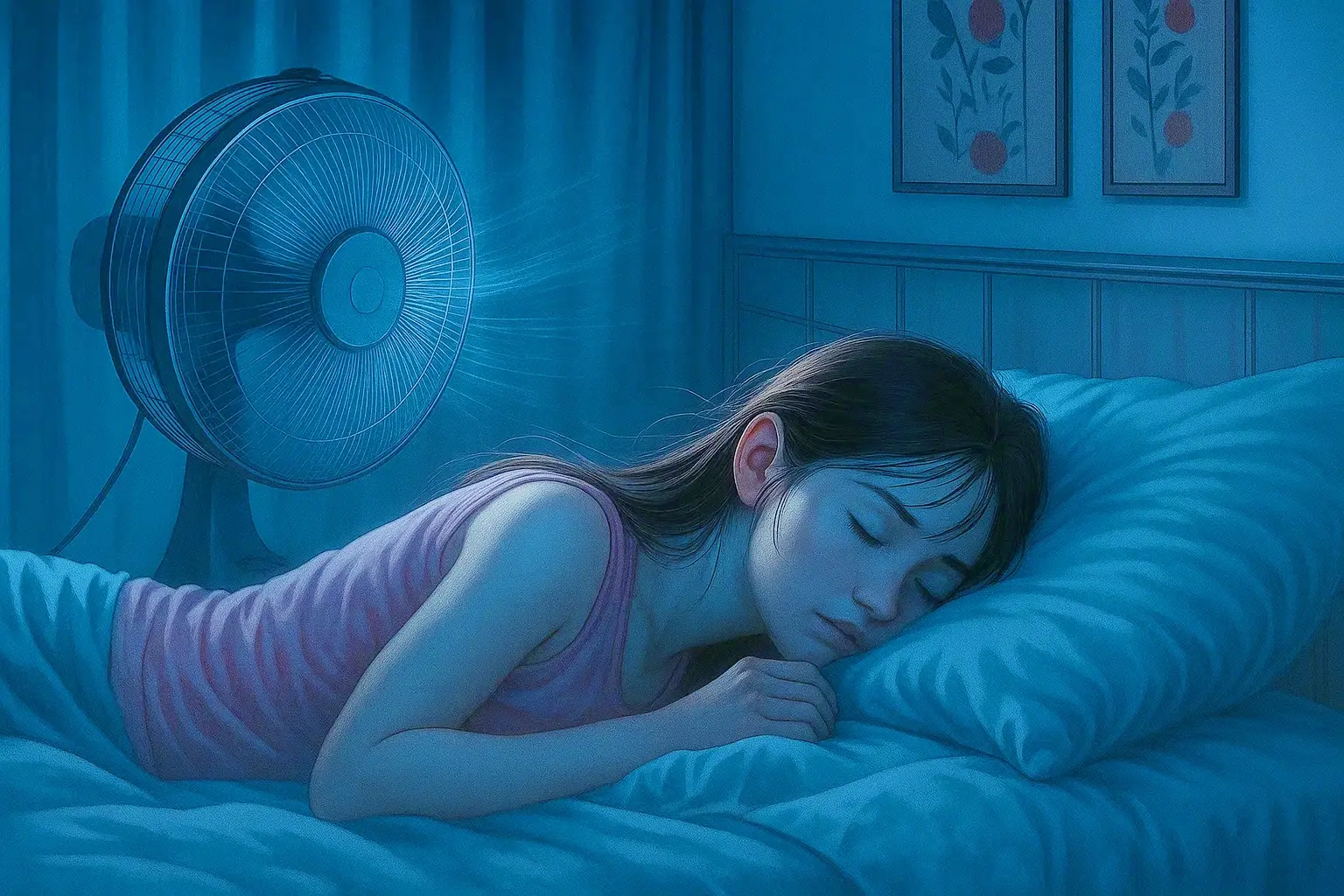
According to Lisa Artis, Deputy CEO of The Sleep Charity, “A lack of sleep doesn’t just leave you tired—it shows up all over your body.”
Hormonal Chaos and Stress Levels
When sleep is cut short, cortisol—the body’s main stress hormone—rises significantly. This not only increases inflammation but can also aggravate conditions like eczema, psoriasis, or chronic itching. Over time, these hormonal changes put pressure on the immune system and make the body more vulnerable to other health issues.
At the same time, lack of sleep disrupts the delicate balance of hunger hormones. Ghrelin levels (which increase appetite) rise, while leptin levels (which signal fullness) drop. This imbalance makes late-night snacking and cravings for sugary, high-calorie foods almost inevitable.
The Link Between Sleep and Weight Gain
In Simba’s survey of 2,175 adults, 26% of those sleeping less than seven hours were overweight, and 32% reported frequent bloating. The findings highlight how sleep directly influences metabolism and eating behavior.
Lisa Artis explained further: “During sleep, the body balances hormones like ghrelin and leptin, which control hunger and satiety.” Without this balance, overeating becomes common, and fat storage increases. Interestingly, men and women are affected differently. Women are more prone to fat accumulation in the hips and thighs due to hormonal fluctuations, while men often notice increased belly fat, partly due to lower testosterone levels from poor sleep.
Skin Problems and a Tired Appearance
Your skin is one of the first areas to reveal when you’re not sleeping enough. Reduced circulation during sleep deprivation causes dull, pale, and lifeless skin. In Simba’s study, 24% of participants reported skin sensitivity, 16% dealt with eczema flare-ups, 7% struggled with psoriasis, and 10% noticed a loss of healthy glow.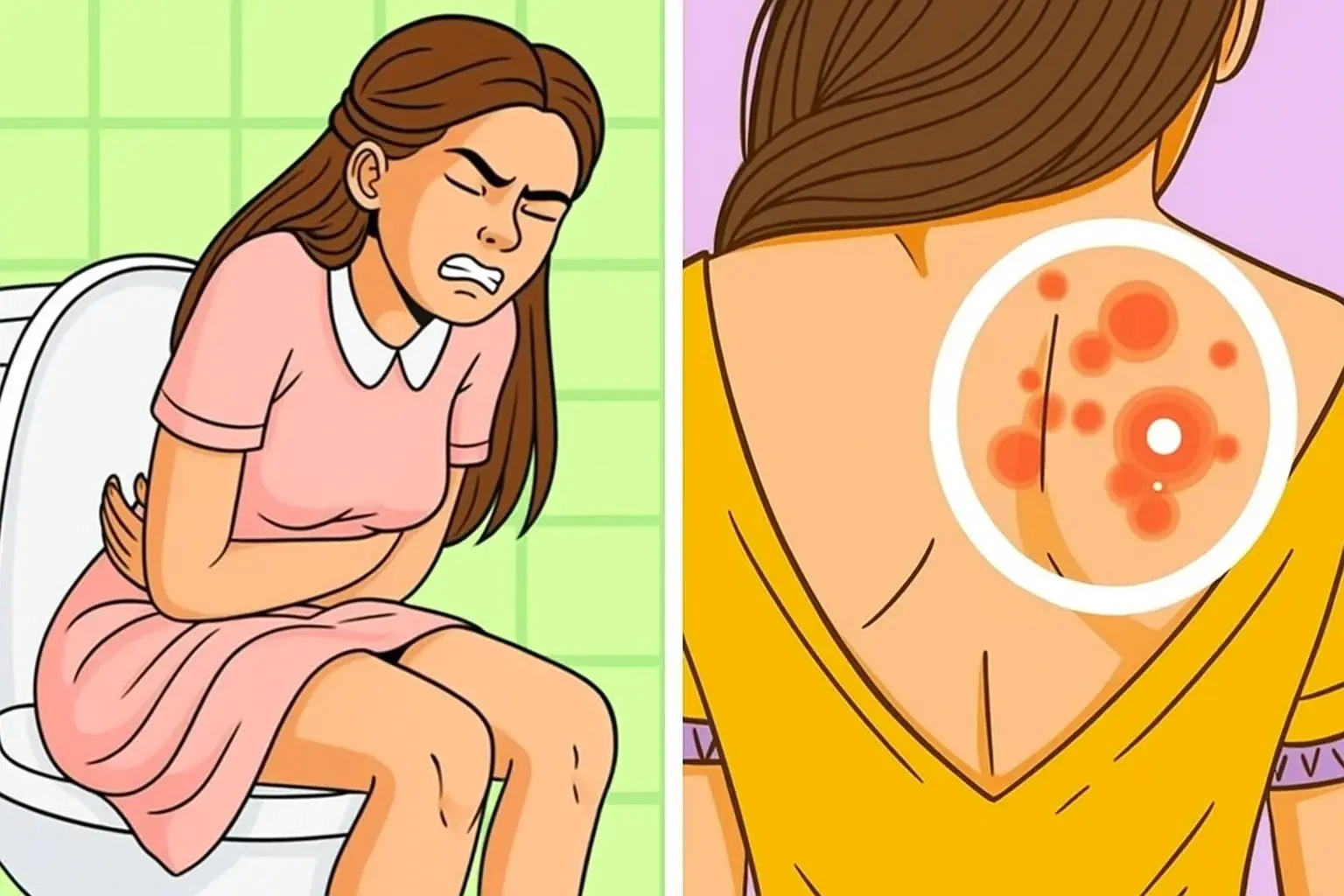
Ms. Artis explained: “At night, blood flow increases, supporting the skin’s natural repair processes and promoting a radiant complexion.” Without proper sleep, this regenerative process is interrupted, leaving the skin more vulnerable to irritation and aging.
Weak Nails and Poor Regeneration
Sleep is when the body restores and repairs itself—even down to the smallest details like nail health. Yet 15% of participants with poor sleep reported brittle, fragile nails. This suggests that sleep deprivation slows down protein synthesis and other repair processes essential for strong, healthy nails.
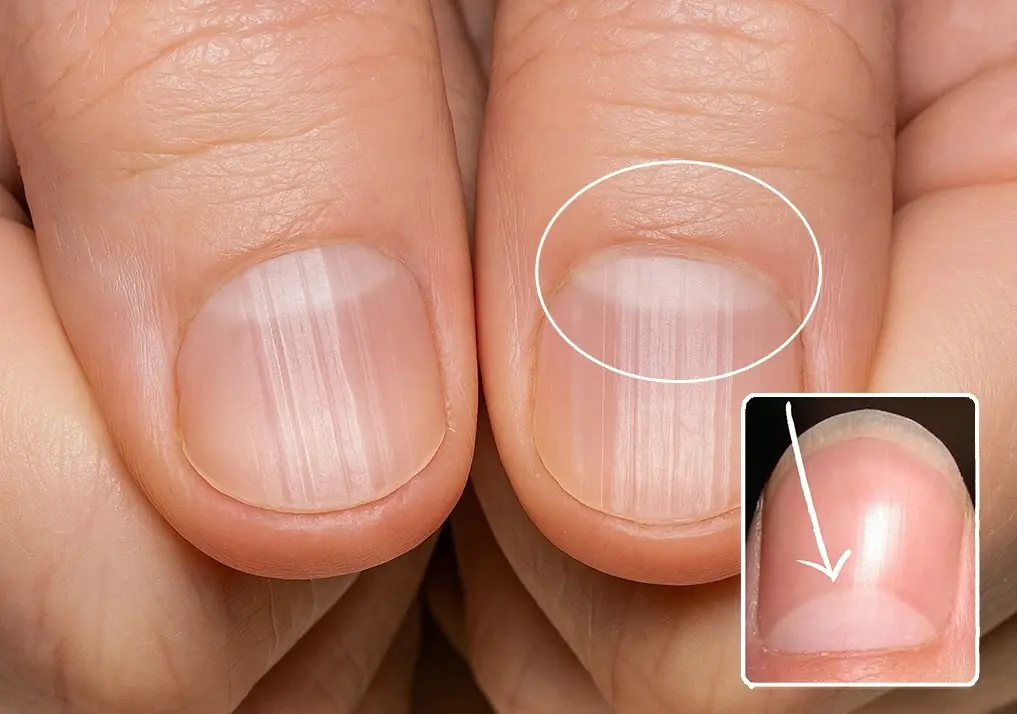
Trouble Regulating Body Temperature
Another overlooked effect of insufficient sleep is disrupted temperature regulation. Since body temperature follows a circadian rhythm, losing sleep confuses the system, making it harder to maintain a comfortable balance. According to Ms. Artis: “Sleep loss can impair the body’s ability to manage and adjust its internal temperature, causing fluctuations and discomfort in the hands and other extremities.” This explains why some people often experience unusually cold hands and feet after sleepless nights.
Digestive and Bowel Issues
Poor sleep doesn’t just affect the nervous system—it can also disturb digestion. Research suggests that chronic sleep loss increases the likelihood of constipation and other gastrointestinal discomforts. This connection emphasizes the role of deep, restorative sleep in keeping the digestive tract functioning smoothly.
Final Thoughts: Why Sleep Should Be Non-Negotiable
While the NHS recommends that adults aim for 7 to 9 hours of nightly rest, the “ideal” amount varies depending on age, health, and lifestyle. Babies, children, and teenagers need much more—sometimes up to 16 hours per day—to support rapid growth and brain development. Adults, however, should view 7 hours as the absolute minimum for protecting long-term health.
Cutting corners on sleep may feel manageable in the short term, but the evidence shows it impacts hormones, appearance, mood, metabolism, and even basic bodily functions. Investing in quality sleep isn’t just about avoiding fatigue—it’s about giving your body the time it needs to repair, restore, and thrive.
News in the same category


10 Healthy Sandwich Dos and Don’ts

Medicinal Health Benefits of Garlic (Raw, Supplement) – Science Based

Why You Should Wash Your Face With Apple Cider Vinegar
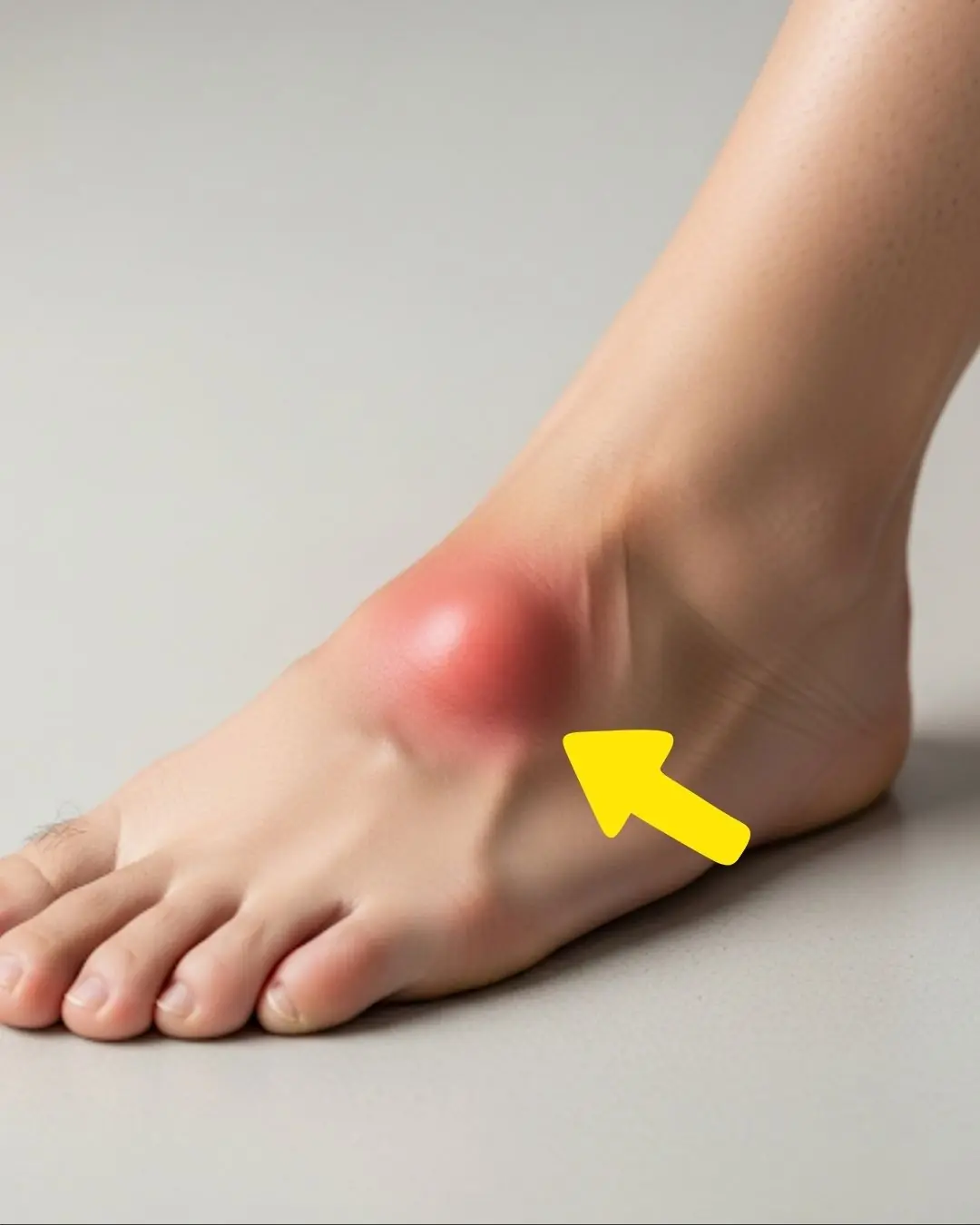
If Your Feet Swell It Is a Clear Sign
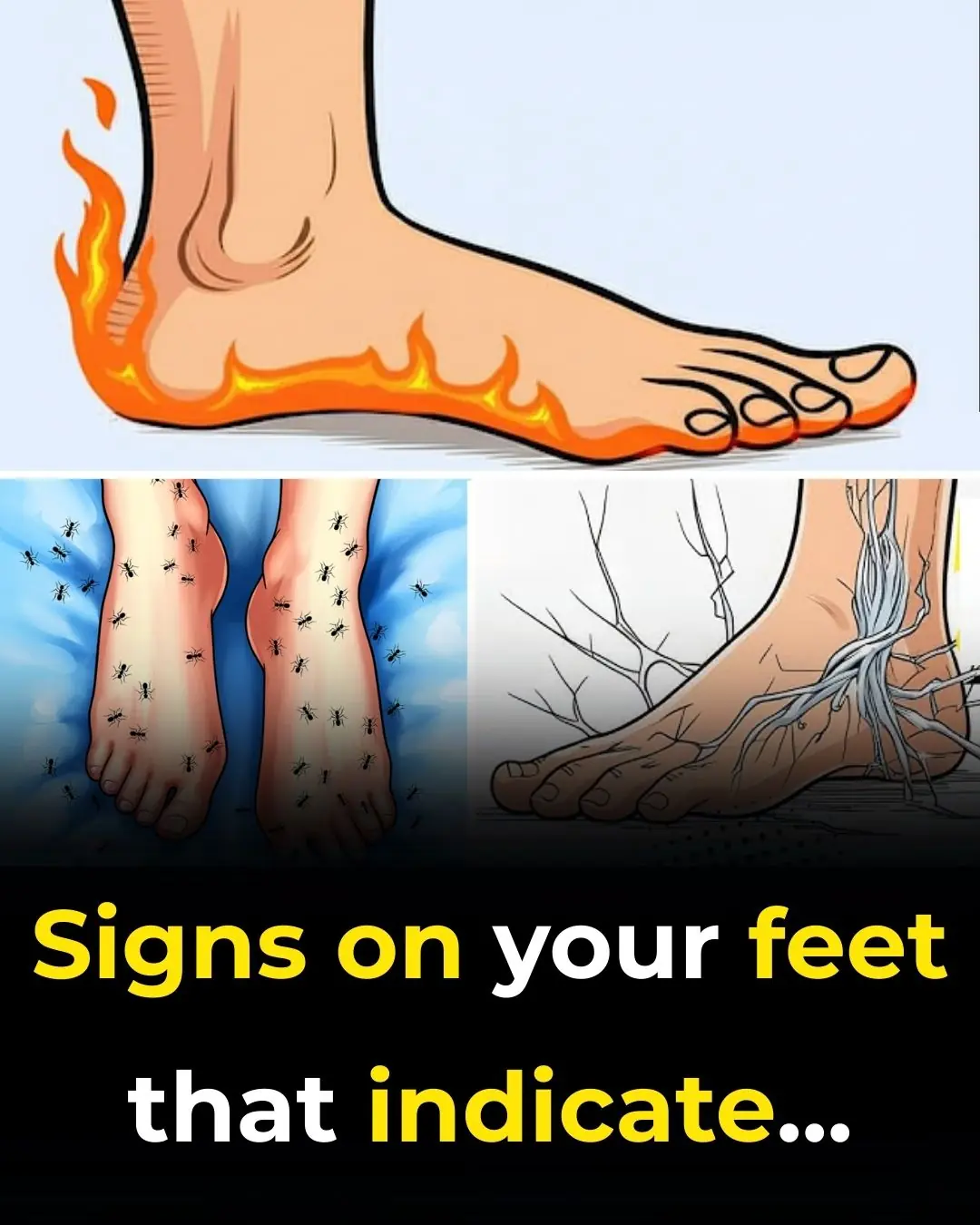
What Your Feet Are Telling You
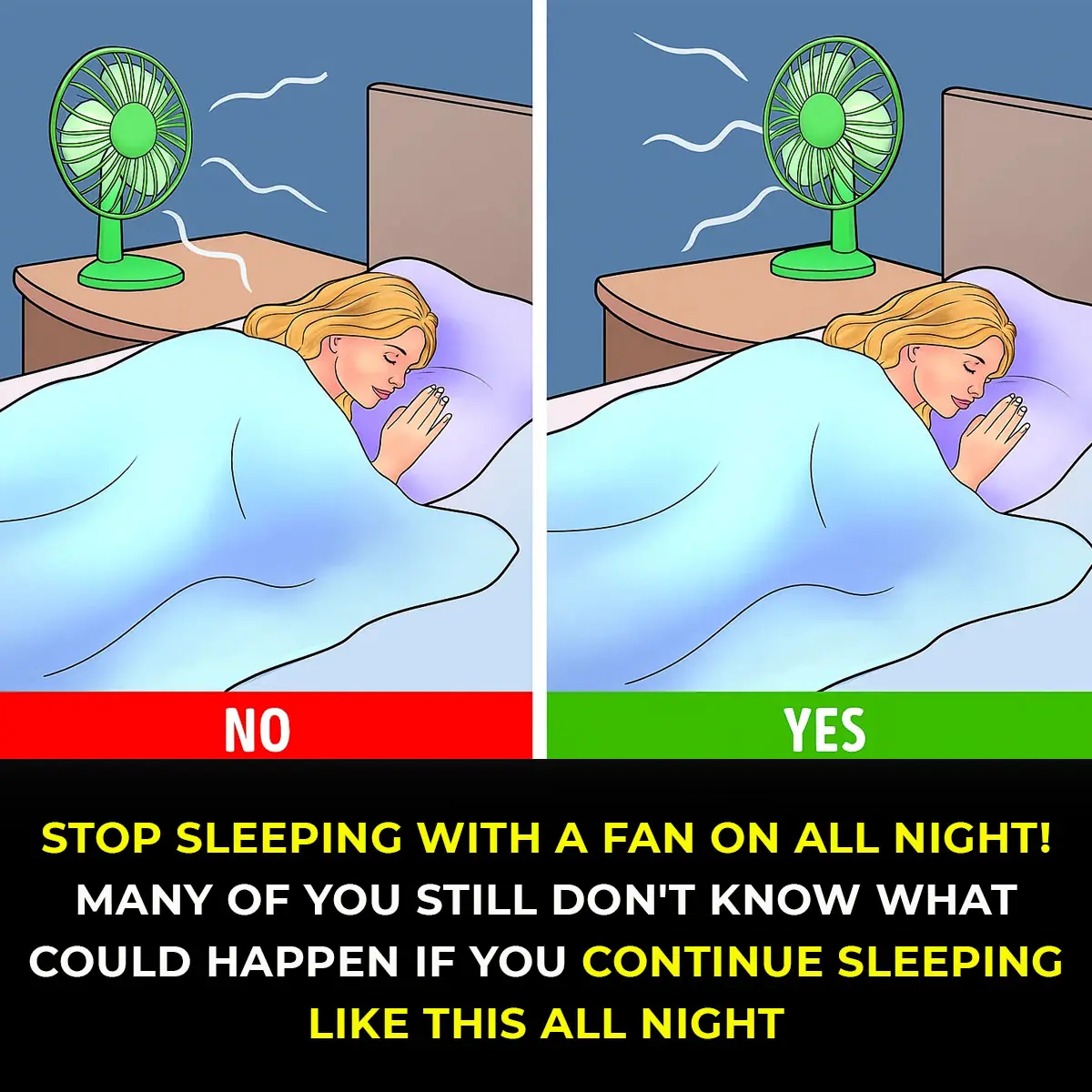
6 Health Benefits of Sleeping In a Cold Room and How to Make it Cooler- And Why You May Not Want to Use a Fan
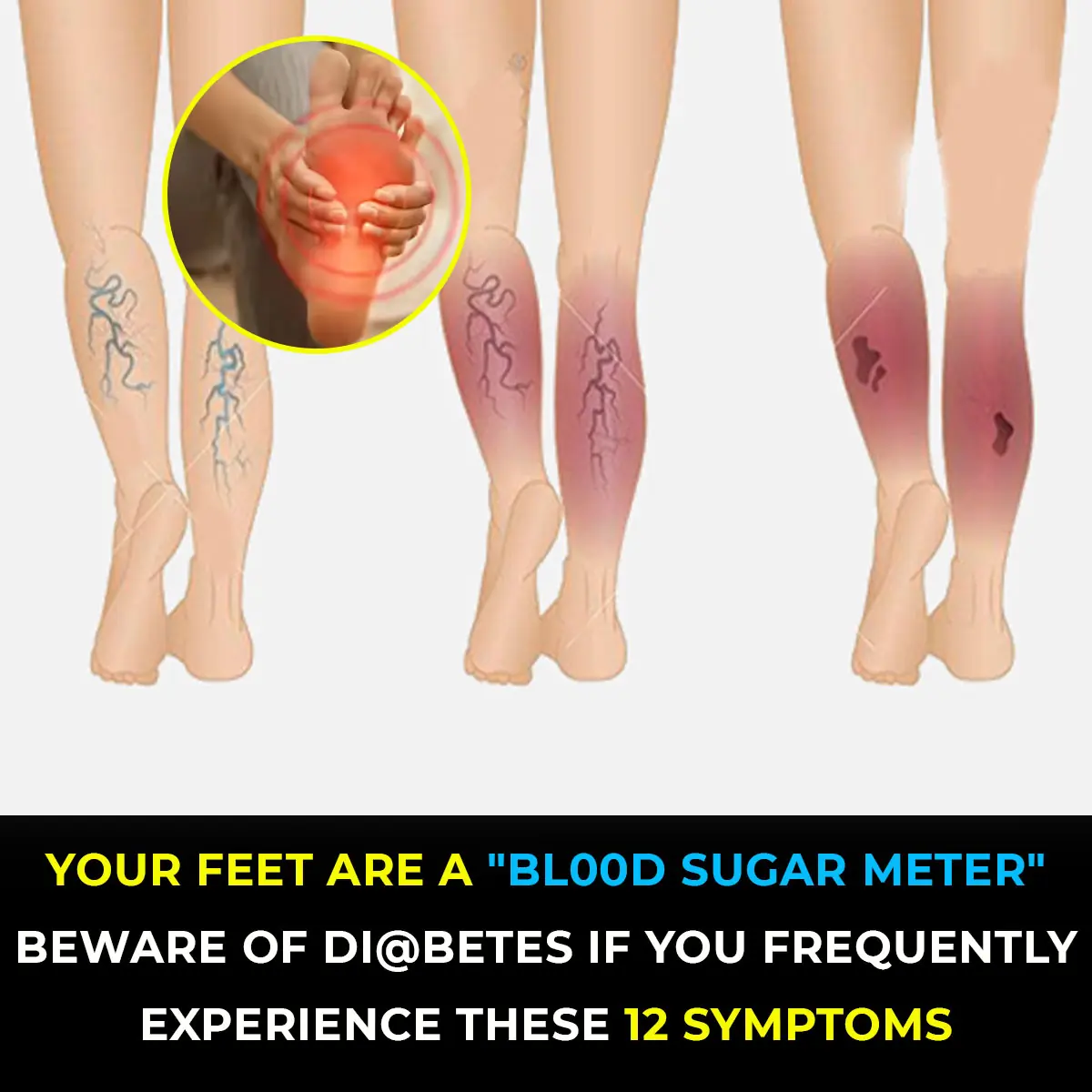
10 Symptoms of Diabetes That May Show Up In Your Feet

This is what sleeping on the left side does for our brain, stomach & glymphatic health

12 Best Foods To Support Digestive and Gut Health

Study suggests anal cancer is on the rise and reveals who’s most at risk

Wife Complains of a Headache, Sleeps, and Dies Without Husband Knowing: This Type of Headache Requires Immediate Hospitalization!

Doctors Explain Why You Should Never Hold Back a Fart
On average, every person passes gas 14 to 23 times per day—it’s a natural part of being human and actually shows that your digestive system is functioning properly.

Scientists Invent Smart Tooth That Grows Into Your Gums And Connects To Nerves Like the Real Thing

Scientists Say This New Stem Cell Treatment Could End Type 1 Diabetes for Good

Everyday Habits That Can Cause a This Issue To Your Hands

My Nana’s Homemade Cure for Stubborn Throat Mucus That Works Every Time

Doctors Are Shocked by What Happens When You Eat Chia Seeds First Thing in the Morning
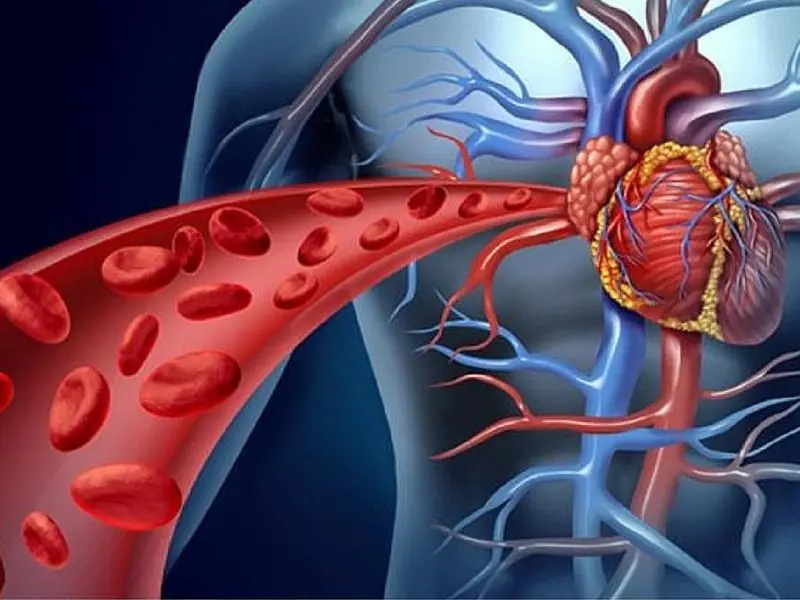
Warning Signs of Poor Blood Circulation That Are Easy to Ignore
News Post

Menopause Symptoms That May Surprise You

10 Healthy Sandwich Dos and Don’ts

Never Ever Say These 4 Things at a Funeral — No Matter the Situation
When it comes to funerals and expressions of sympathy, your words don’t need to be profound or poetic.

🥥 15 Compelling Reasons to Include Coconut Water in Your Daily Routine

🌿 30 Remarkable Benefits of Avocado Leaves

🌿 Natural Collagen Boost: Garlic Remedy for Smoother Skin

✨ Brighten Your Smile Naturally: A Simple DIY Teeth Whitening Remedy
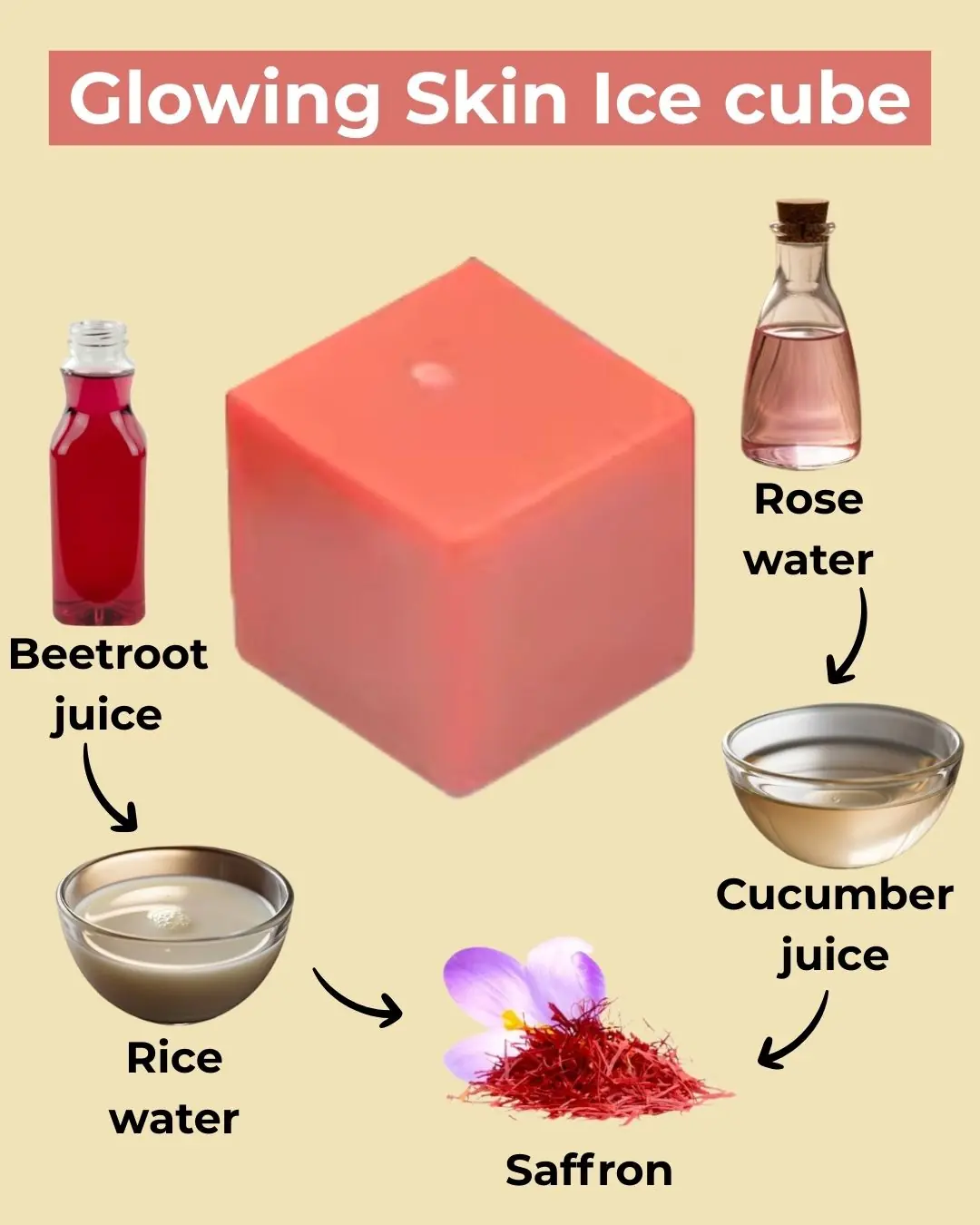
🌟 DIY Collagen Ice Cubes for Radiant Skin

🌿 3 Natural Home Remedies to Remove Skin Tags Safely

Medicinal Health Benefits of Garlic (Raw, Supplement) – Science Based

Why You Should Wash Your Face With Apple Cider Vinegar

If Your Feet Swell It Is a Clear Sign

What Your Feet Are Telling You

6 Health Benefits of Sleeping In a Cold Room and How to Make it Cooler- And Why You May Not Want to Use a Fan

The Hidden Meaning Behind Leg-crossing — It’s More Than Just Comfort

10 Symptoms of Diabetes That May Show Up In Your Feet

How To Properly Dispose of Ticks

This is what sleeping on the left side does for our brain, stomach & glymphatic health

12 Best Foods To Support Digestive and Gut Health
